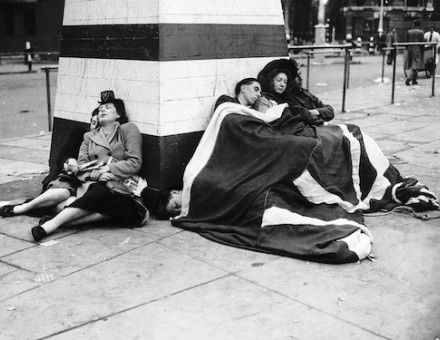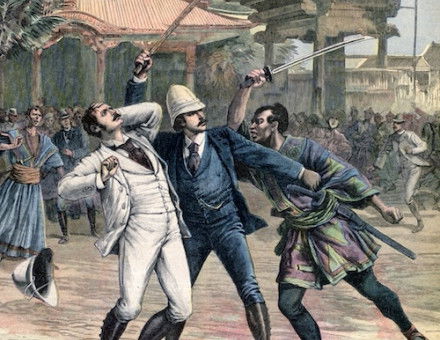The Boer Rebellion of 1914
When Great Britain entered the First World War, writes N.G. Garson, memories of their struggle for independence were still fresh in the minds of many Afrikaners; rather than accept its decision to follow the Empire’s lead, they took up arms against their own government.
Constitutionally, the Union of South Africa was formed in 1910 from the four self-governing British colonies of the Cape, Natal, the Transvaal and the Orange River Colony. Politically, more was involved. For the coastal colonies, the emergence of the Union as a self-governing dominion involved no fundamental change of habit, since both had behind them a fairly considerable experience of British Parliamentary institutions.
In the Cape the Boers had learned to play their part in politics, co-operating as well as competing with the British colonists, while Natal was overwhelmingly British. The Boers of the former republics were differently placed. Only eight years before, in 1902, they had finally conceded defeat after a bitter war fought to prevent the status of British subjects from being thrust upon them.





